Securing a scholarship can transform your academic journey—freeing you from financial burdens and opening doors to world-class education. Yet, while many students complete stellar applications and essays, up to 90% stumble at the final hurdle: the scholarship interview. Unlike a typical job interview, a scholarship interview assesses not only your qualifications, but your passion, vision, and alignment with the sponsor’s mission. This comprehensive guide (≈2000 words) will prepare you to ace your next scholarship interview by covering:
Table of Contents
1. Why Scholarship Interviews Matter
A scholarship interview is the final filter. After reviewing your grades, essays, and recommendations, the selection committee wants to:
Verify the authentic “you” behind the application.
Assess your communication skills, maturity, and drive.
Ensure your goals align with their mission and values.
Gauge your potential impact as a scholar and future ambassador.
Tip: Committees often look for passion, resilience, and clarity of purpose. Your interview performance can tip the scales in your favor—even against applicants with similar grades.
2. Interview vs. Job Interview: Key Differences
While both require professionalism, a scholarship interview:
| Aspect | Scholarship Interview | Job Interview |
|---|---|---|
| Goal | Assess potential, vision, and fit | Evaluate experience and skills |
| Focus | Long-term academic/career trajectory | Immediate job performance |
| Questions | “Why this field?”, “Your contribution?” | “What can you bring to the team?”, “Tasks?” |
| Tone | Collaborative, mentorship-oriented | Transactional, skill-oriented |
| Outcome | Funding, mentorship, network access | Employment, salary offer |
Remember: Emphasize vision, impact, and alignment with the scholarship’s values—not just your credentials.
3. Top 8 Scholarship Interview Tips
1. Conduct Thorough Research
Before the interview, immerse yourself in the scholarship sponsor’s world:
Mission & Values: Read the organization’s “About Us”, annual reports, and recent press releases.
Scholarship Criteria: Revisit the application prompt, your essay, and any recommended readings.
Key Personnel: Know the names and roles of committee members (if available).
Alumni Success: Explore what past recipients have achieved—this can inspire your responses.
Pro Tip: Weave specific details into your answers (“I admire your 2024 program on sustainable development, and I aim to contribute by…”).
2. Prepare & Rehearse Common Questions
While you can’t predict every question, many scholarship panels ask similar ones:
| Common Question | What They Want to Hear |
|---|---|
| “Tell us about yourself.” | Unique narrative + alignment |
| “Why do you deserve this scholarship?” | Impact, passion, fit |
| “What are your strengths?” | Specific examples + relevance |
| “What’s a weakness you’ve overcome?” | Self-awareness + growth |
| “Where do you see yourself in 5 years?” | Clear trajectory + realism |
| “Describe a challenge you’ve handled.” | Resilience + problem-solving |
Write bullet-point answers for each question.
Record yourself or practice with a friend to refine clarity and conciseness.
Time your responses to about 1–2 minutes for most questions; longer for vision-oriented queries.
Note: Over-rehearsing can sound robotic. Aim for a natural tone and genuine enthusiasm.
3. Craft Your Personal Brand
Stand out by articulating your unique value proposition:
Identify your key strengths, core values, and long-term goals.
Develop a concise “elevator pitch” (30 seconds) that ties your background to the scholarship mission.
Align your story around a central theme (e.g., “innovation in healthcare” or “community empowerment”).
Exercise: Write down three adjectives that describe you. Ensure your answers reinforce these traits.
4. Dress Professionally
Your appearance sets the stage for a positive first impression:
- Choose conservative business attire:
- Men: Suit and tie or blazer with tailored pants.
- Women: Business suit, blouse with skirt or slacks, or a conservative dress.
- Grooming: Clean, neat hair; minimal jewelry; polished shoes.
- Avoid loud patterns or distracting accessories.
Tip: Lay out your outfit the night before to avoid last-minute stress.
5. Plan the Logistics
Reduce interview-day anxiety with solid planning:
- Confirm Details: Re-check date, time (with time zones!), location or video link.
- Document Kit: Pack multiple copies of:
- Resume/CV
- Scholarship application & essay
- Transcript (if requested)
- References list
- Tech Check (for virtual interviews): Test your camera, microphone, and internet speed. Use a neutral, tidy backdrop.
- Travel Time: Aim to arrive 15–20 minutes early (in-person). Account for traffic or public transport delays.
Pro Tip: Set two alarms—one for wake-up, one to start your final prep.
6. Master Your Body Language
Non-verbal cues can reinforce your confidence and engagement:
| Behavior | Recommended Approach |
|---|---|
| Eye Contact | Maintain natural eye contact (60–70% of the time) |
| Posture | Sit upright, lean slightly forward to show interest |
| Gestures | Use hand movements sparingly to emphasize points |
| Smile | Warm, genuine smile when greeting and concluding |
| Handshake | Firm (not bone-crushing) grip |
Avoid crossing your arms, fidgeting, or slouching, which can signal nervousness or disinterest.
7. Manage Nerves & Stay Confident
Even high-achievers feel butterflies before an interview. Keep calm with these techniques:
- Deep Breathing: Inhale for 4 seconds, hold 2, exhale 6—repeat to calm your mind.
- Positive Visualization: Spend 2 minutes imagining a successful interview—warm smiles, nodding panel, firm handshake.
- Power Poses: Stand tall with hands on hips for 2 minutes pre-interview to boost testosterone and confidence.
- Focus on Purpose: Remind yourself why you pursued this scholarship—your motivation trumps any jitters.
Key Mindset: Committees have already shortlisted you based on merit. They want you to succeed—so do your best to show them why you’re their ideal candidate.
8. Follow Up Effectively
Leaving a positive impression can extend beyond the interview itself:
- Send a Thank-You Note within 24 hours:
- Express gratitude for their time.
- Reiterate your enthusiasm and one key point (e.g., “I appreciated our discussion on renewable energy; I look forward to contributing…”).
- Connect on Professional Platforms (e.g., LinkedIn) if appropriate—brief, courteous message only.
- Stay Patient: Decisions can take weeks. Continue applying to other opportunities rather than waiting anxiously.
Pro Tip: A well-crafted thank-you note can reinforce your professionalism and keep you top-of-mind.
4. Example Scholarship Interview Q&A
Below are common questions, sample strong responses, and what to avoid:
| Question | Strong Response | Pitfall to Avoid |
|---|---|---|
| “Tell us about yourself.” | “I’m passionate about public health—volunteered 200+ hrs at local clinics, led a student research project on nutrition, and hope to develop community programs through this scholarship.” | Rehashing your resume bullet-by-bullet. |
| “Why this scholarship?” | “Your foundation’s focus on sustainable development aligns with my goal to reduce urban pollution. The mentorship component will help me network with experts in the field.” | Vague praise (“It’s a great opportunity!”). |
| “Your greatest achievement?” | “As President of our environmental club, I organized a campus-wide waste-reduction campaign that cut landfill use by 40% in six months.” | Listing minor personal wins (“Getting an A on a test”). |
| “Biggest weakness?” | “I tend to overcommit to projects. Recognizing this, I now use a digital planner to prioritize and delegate tasks—improving my time management.” | Claiming a “fake” strength (“I work too hard”). |
| “Where in 5 years?” | “After my Master’s in sustainable agriculture, I see myself leading community-driven farming initiatives in my home country, leveraging this scholarship’s network.” | No vision or “I’ll figure it out.” |
5. Questions to Ask the Scholarship Panel
Demonstrate curiosity and engagement by asking:
“What qualities do you see in previous successful scholars?”
“How does the organization support scholars beyond funding (mentorship, networking)?”
“Are there opportunities to collaborate on upcoming projects or events?”
“How can I help promote the scholarship’s mission on my campus?”
Note: Keep your questions relevant and brief, ideally reserved for the end if time permits.
6. Conclusion & Final Reminders
A successful scholarship interview hinges on:
- Thorough research of the sponsor and your own application.
- Practice of common questions and reflection on your personal story.
- Professional presence: attire, grooming, punctuality, and body language.
- Calm confidence: breathing techniques, positive visualization, and power poses.
- Effective follow-up: prompt, personalized thank-you note.
By investing time in preparation, you’ll stand out as a motivated, well-informed, and future-focused candidate. Good luck as you take this crucial step toward securing the funding you deserve—your dreams await!

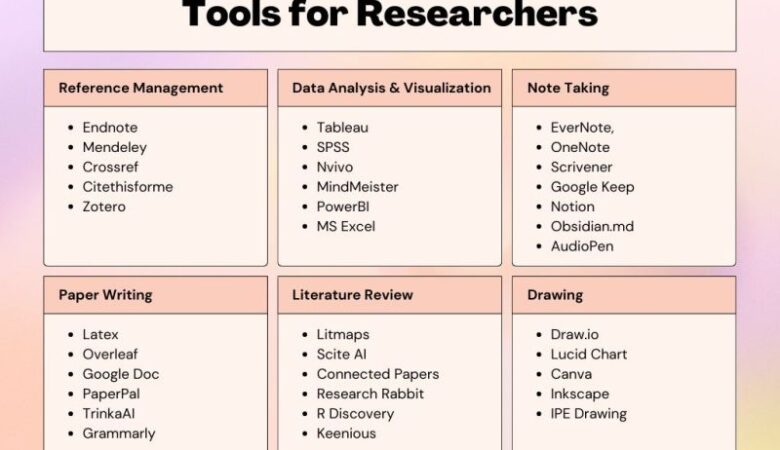
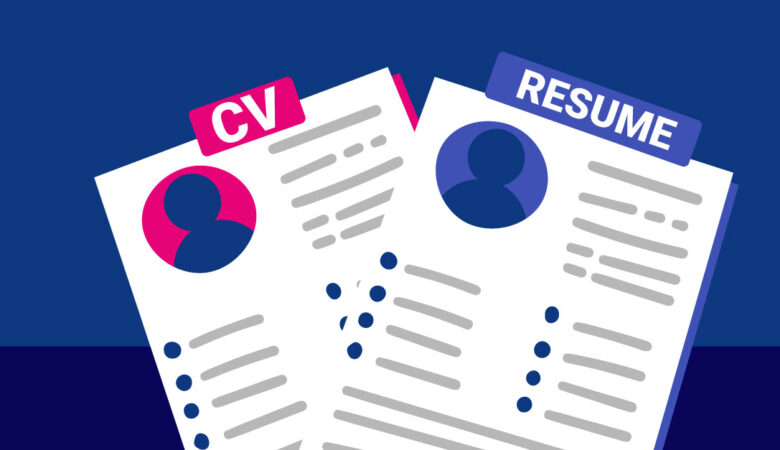
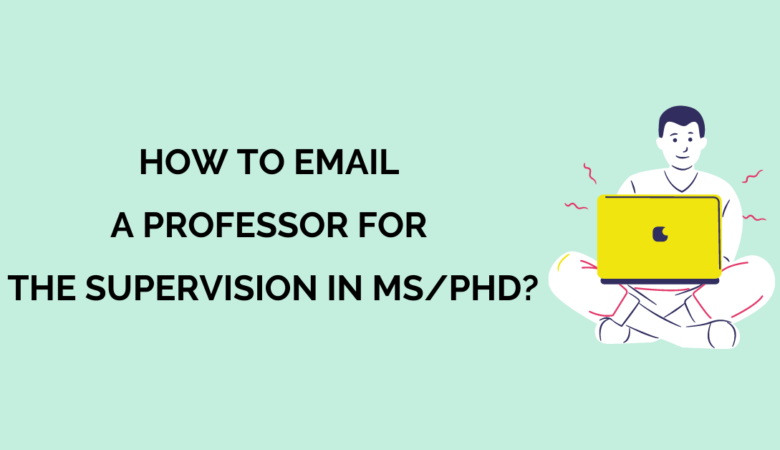
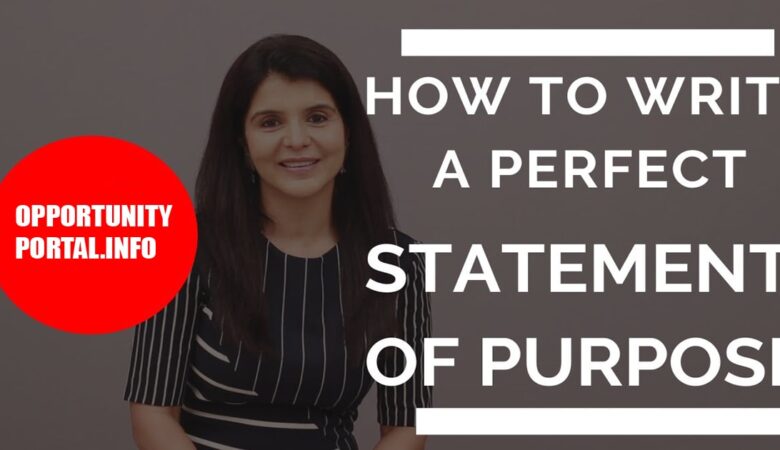
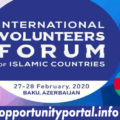
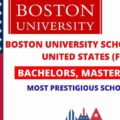
Leave a Reply